Mixing vinegar and baking soda
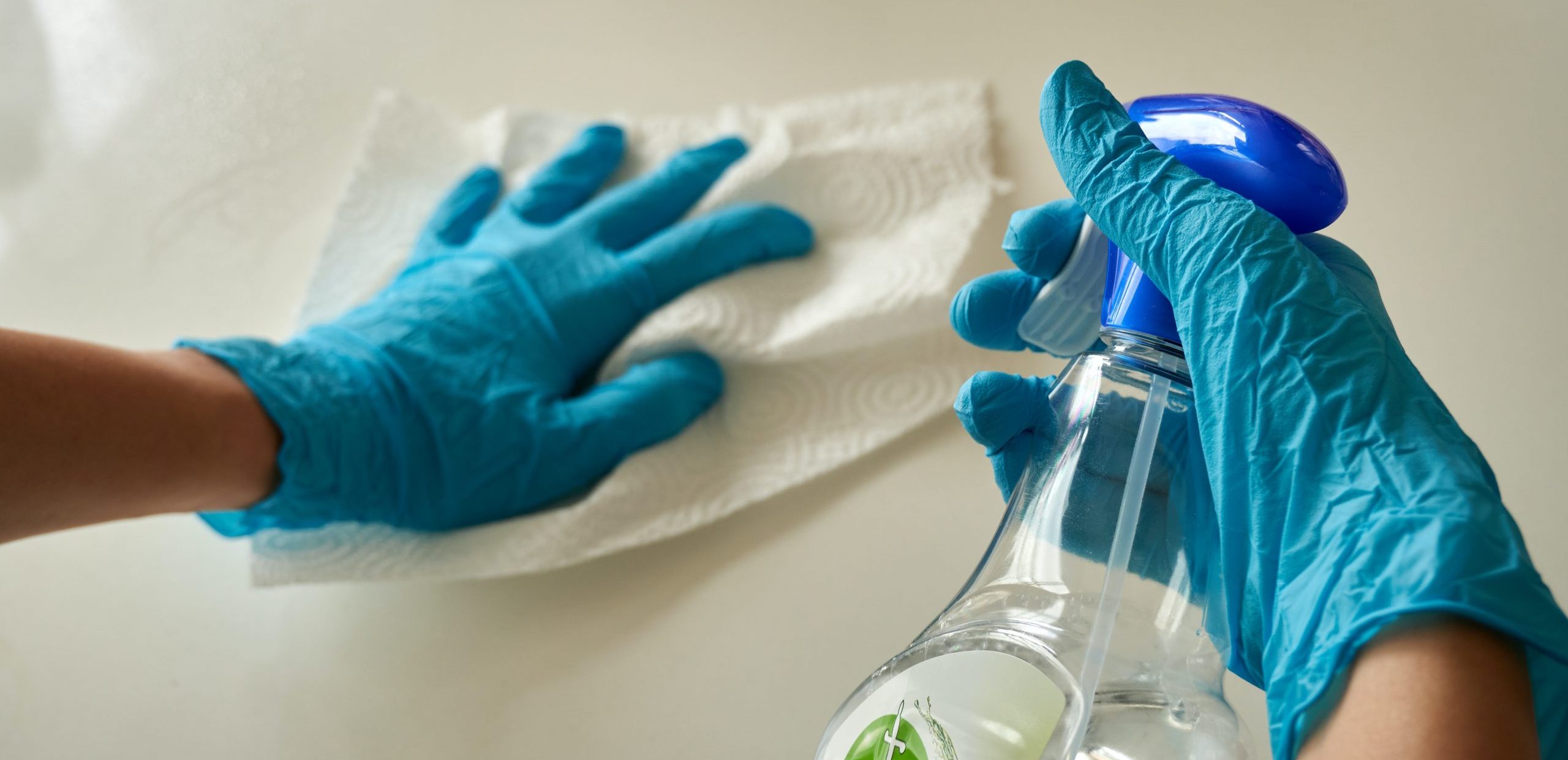
If you’ve ever followed any amateur cleaner accounts on TikTok or Instagram, you’ve probably seen them laud a mix of white vinegar and baking soda as an easy fix for any mess. Unfortunately, while the subsequent fizzing certainly looks productive, you’re actually just seeing the acidic vinegar and alkaline baking soda cancelling each other out. The result? Absolutely nothing but more mess.
Scraping carpets
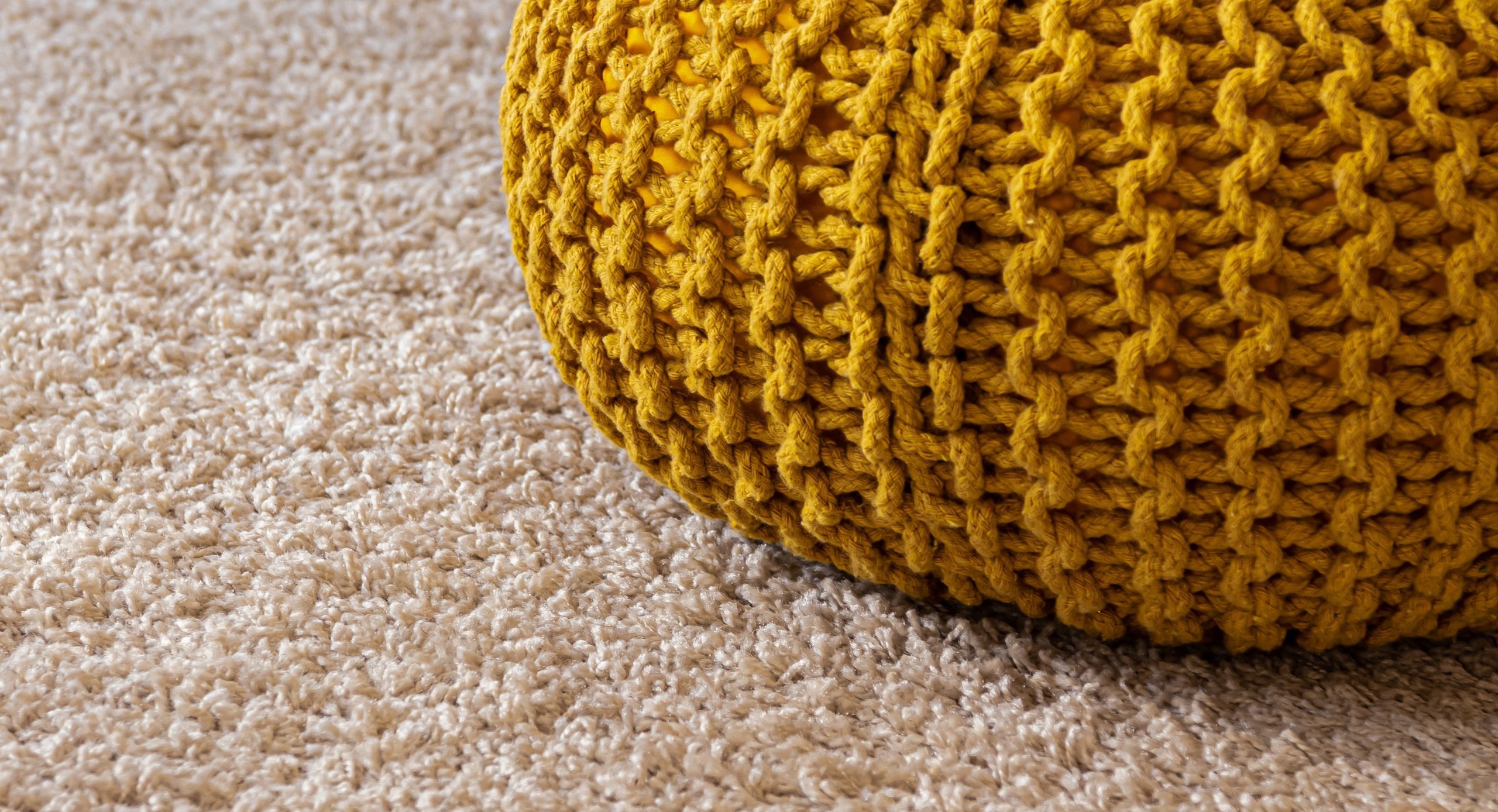
If you have pets or children and lots of carpets in your home, it can be easy to feel like you’re never getting them clean enough. Scraping your carpets with a wire brush is supposed to loosen ground-in dirt, pet hair and other annoyances, but what you’re actually doing is tugging out crucial fibres, which will leave your carpets balding over time.
Vinegar and dish soap for pet stains
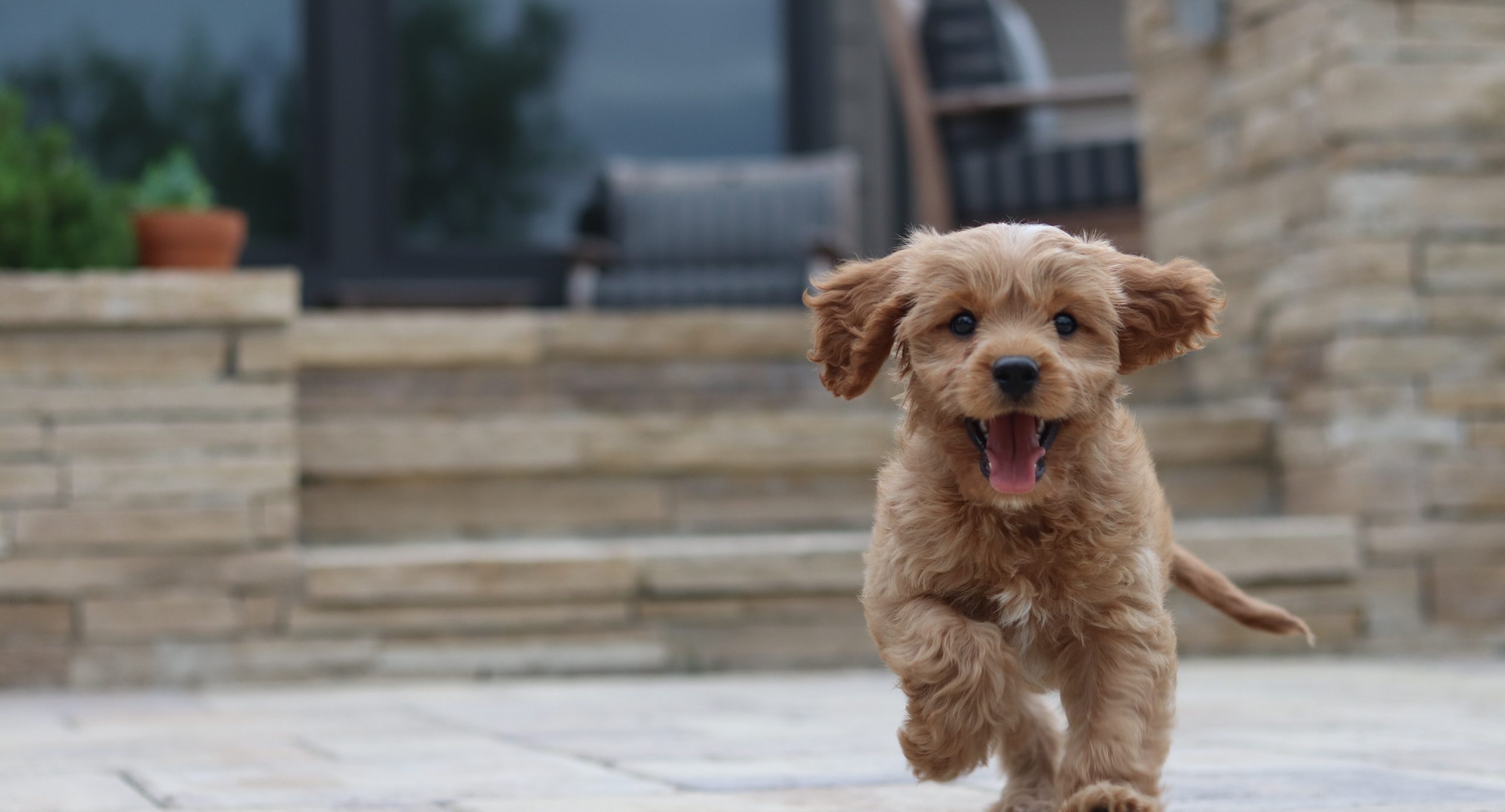
No matter how much we love our furry friends, every pet owner dreads the day they urinate on the carpet, because of how hard it is to get rid of both the stain and smell. While many people claim a mix of vinegar and dish soap is strong enough to get the job done, only an enzyme detergent will actually break down the proteins.
Washing walls
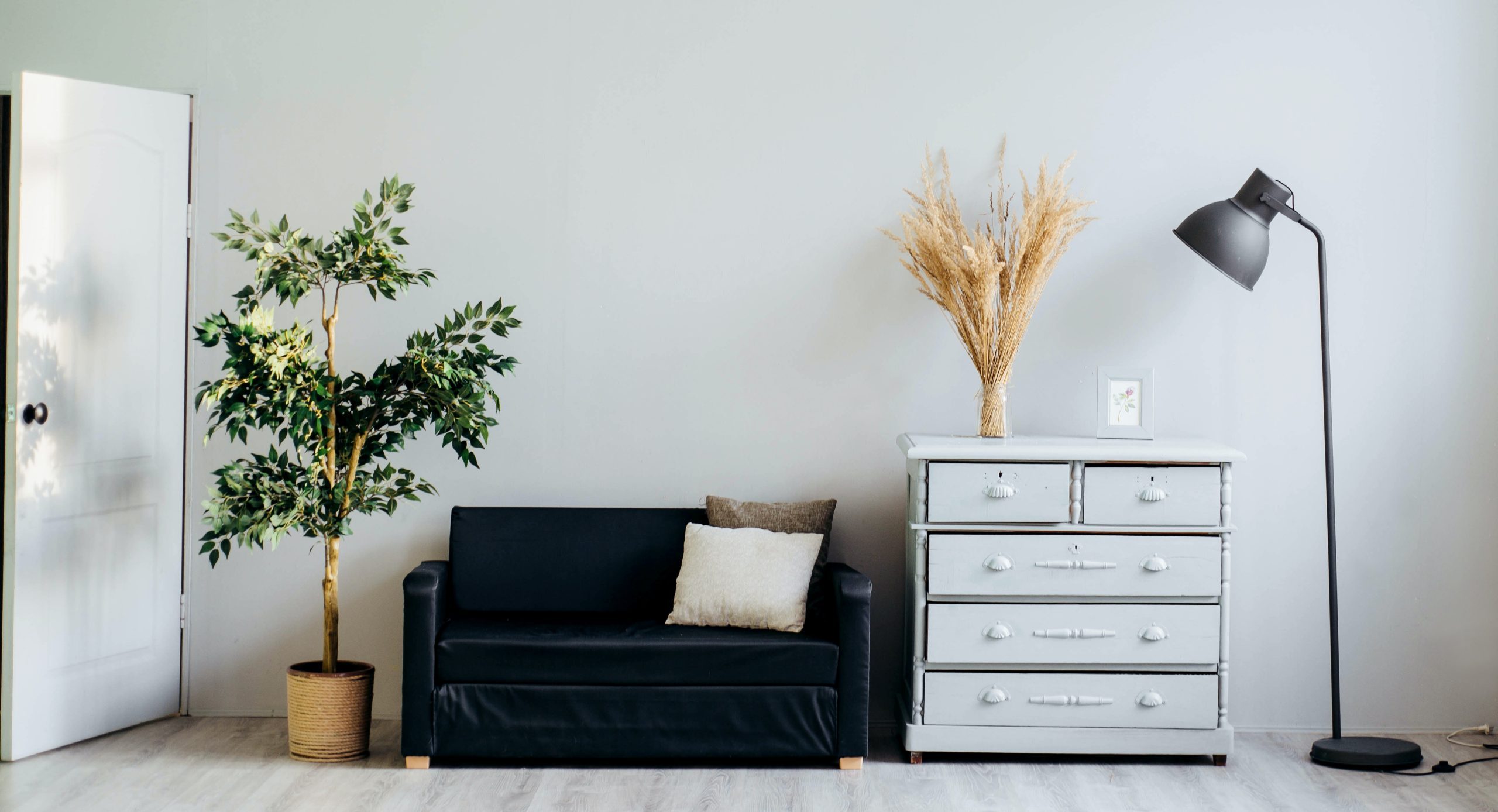
In an effort to keep their homes extra spotless, many people now routinely wash their walls with a paint roller or mop dipped into a dish soap solution. Tragically, unless you have speciality washable paint, this is a recipe for marked walls and destroyed paint at best, and mould and mildew from the water saturation at worst. Stick to dusting and spot cleaning when needed.
Using toilet bleach on shower mould
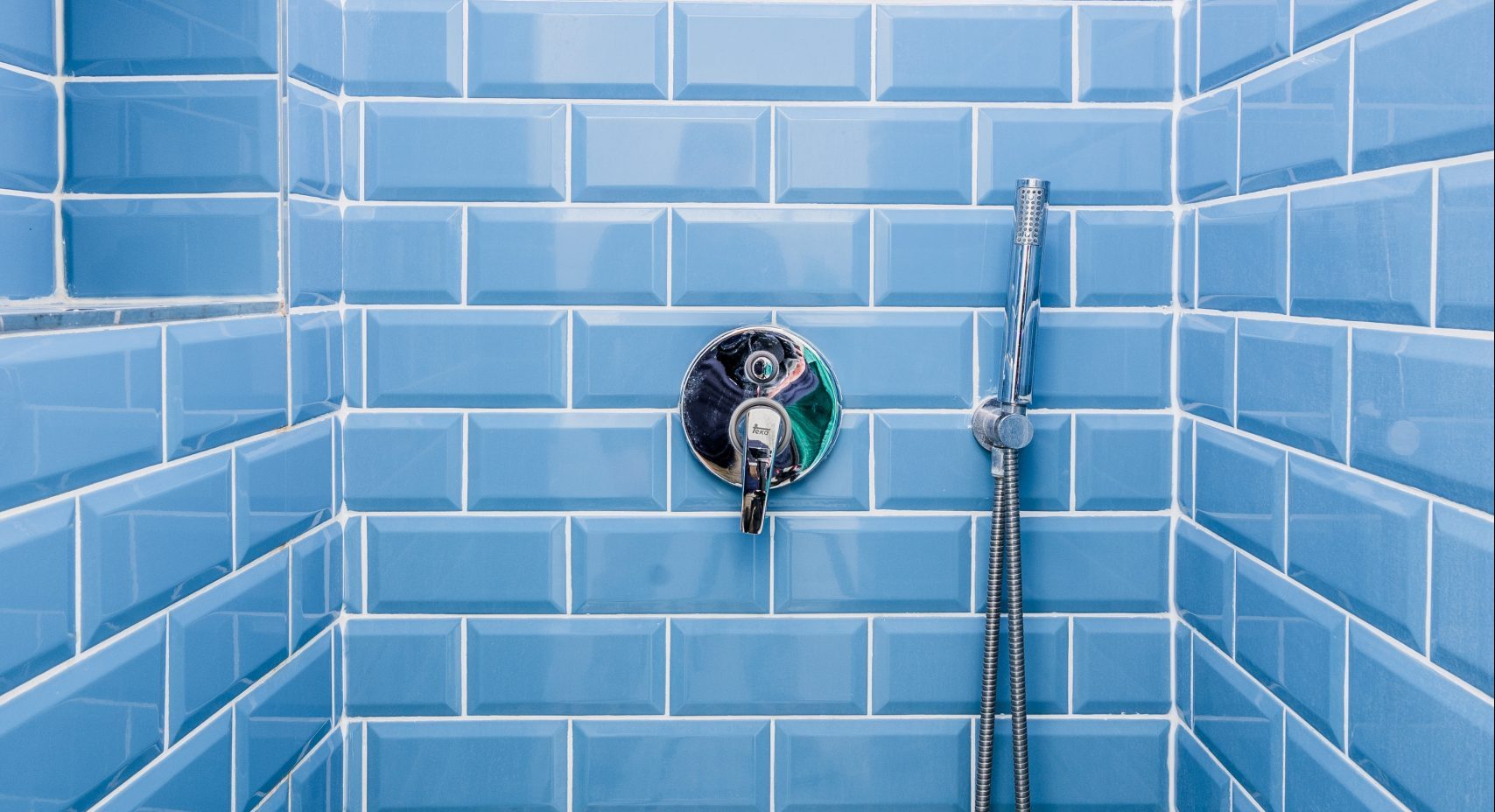
No matter how spick and span you keep your home, bath and shower, mold is an unavoidable and constant foe. While many will opt to treat the black spots with toilet bleach or similar, this will only bleach the mold white, and will not actually kill it. In addition, such strong chemicals may also damage your rubber sealant or destroy the finish on your tiling and tub.
Bleaching the drains
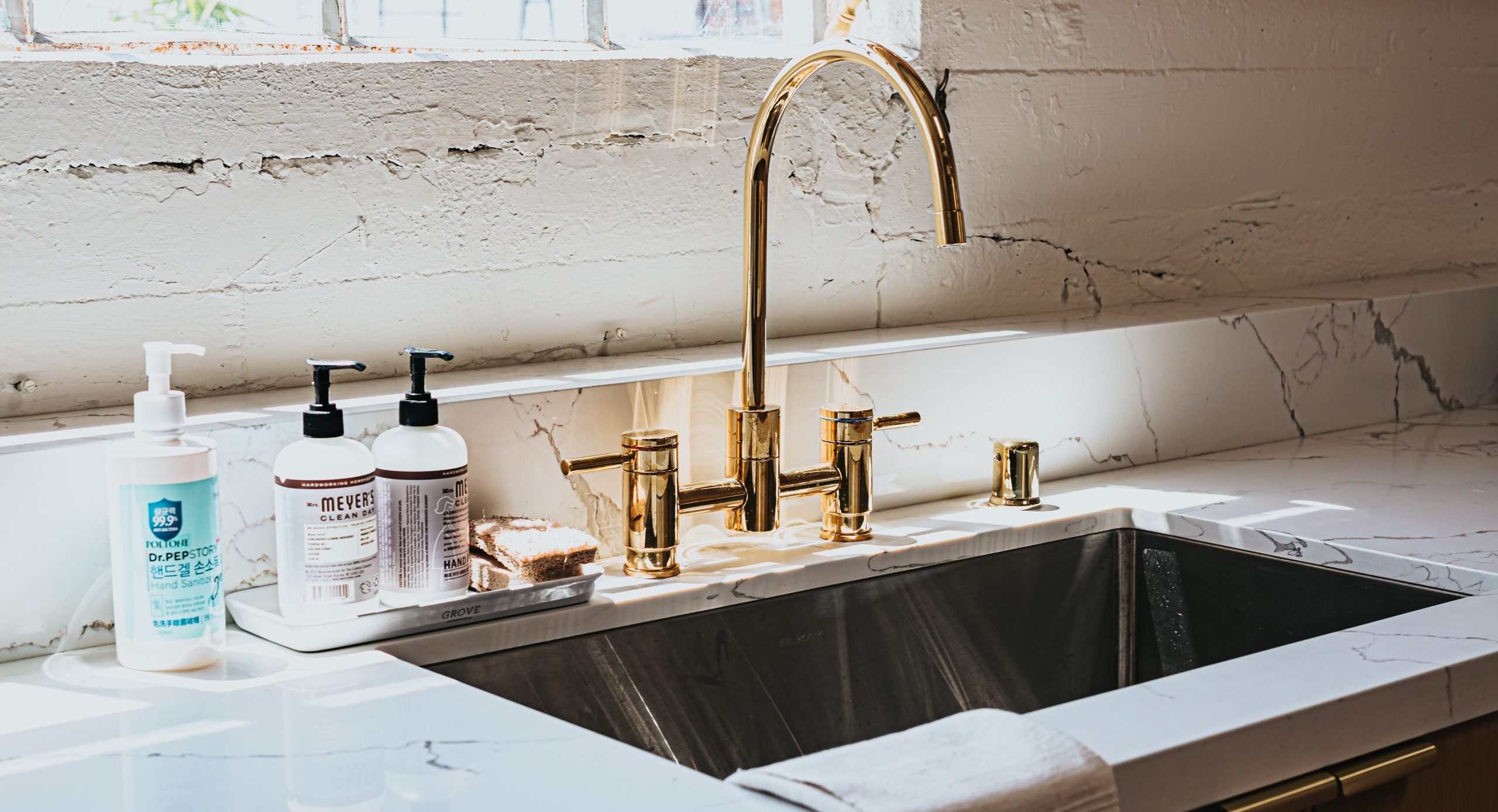
Pouring bleach down your bathroom and kitchen drains might seem like the ideal way to kill odours and keep things flowing smoothly, but it might also do the opposite. The bleach could mix with any other chemicals in the pipes, and if that includes dish soap residue, it could lead to the release of ammonia, which is both toxic and damaging to your plumbing.
Cleaning counters with lemon juice
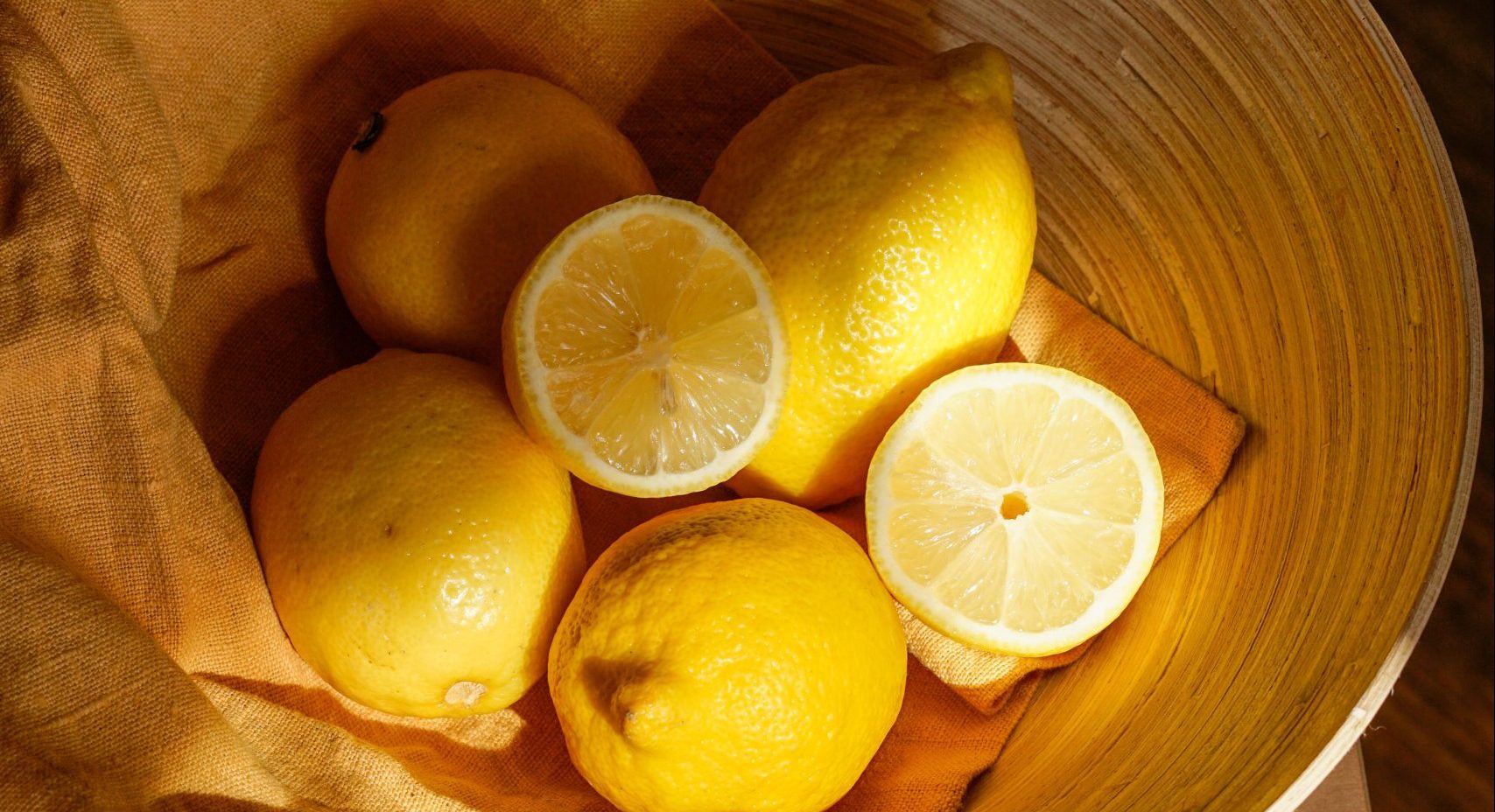
Lemon juice is a great all-purpose thing to keep in your cleaning arsenal: its acidity makes it a great active ingredient for budging stubborn grime and stains, it smells great and it leaves a beautiful shine. Unfortunately, lemon juice can be especially corrosive to materials like marble and granite, making it easy to ruin the finish on your expensive countertops unwittingly.
Wax paper to prevent dust build-up
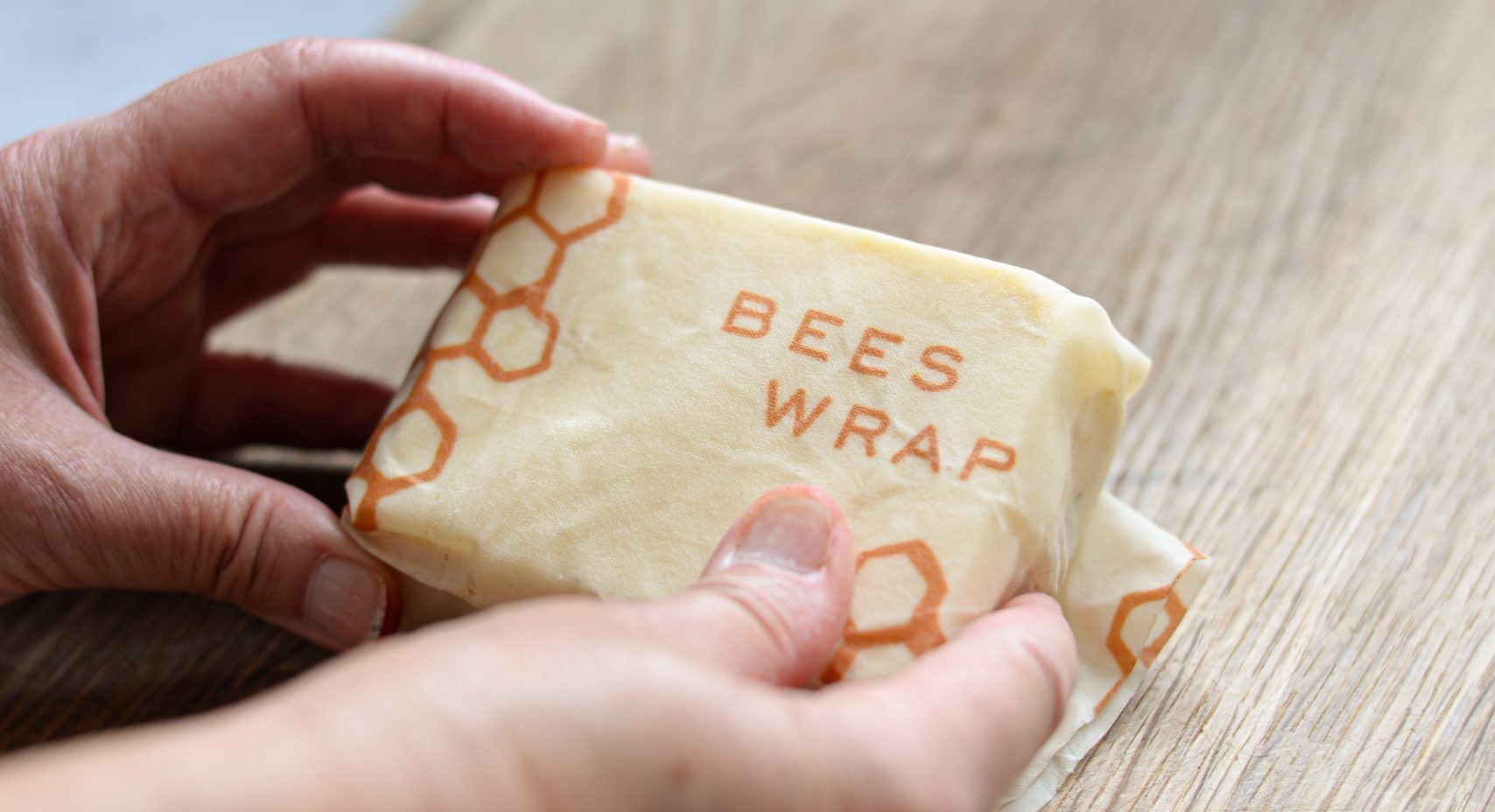
One modern cleaning tip for eco-friendly homes suggests rubbing beeswax paper on baseboards and other wooden surfaces, in order to prevent dust build-up over time. While this seems sound in theory, the wax paper will actually leave behind a thin layer of sticky residue which will only attract dust and hair over time. Better to stick to a duster or microfiber cloth.
Pre-soaking clothes in salt water
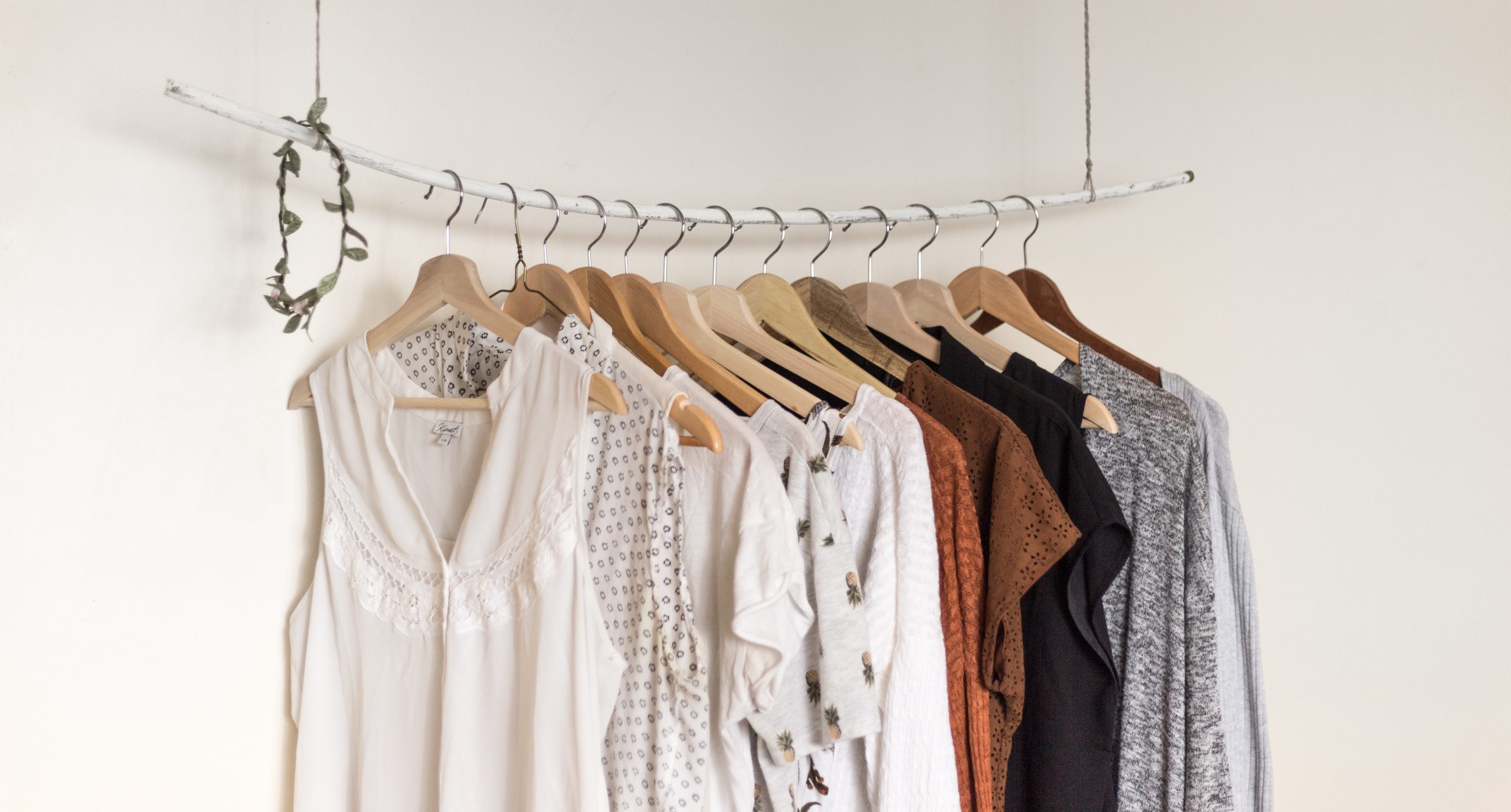
People have been trying to prevent their clothes from running since the beginning of the modern age, but it’s not as within your control as you might think. Whether dye is liable to bleed is way more about the quality of the clothes than it is about whether or not you douse your laundry in salt water ahead of time.
Removing gum with peanut butter
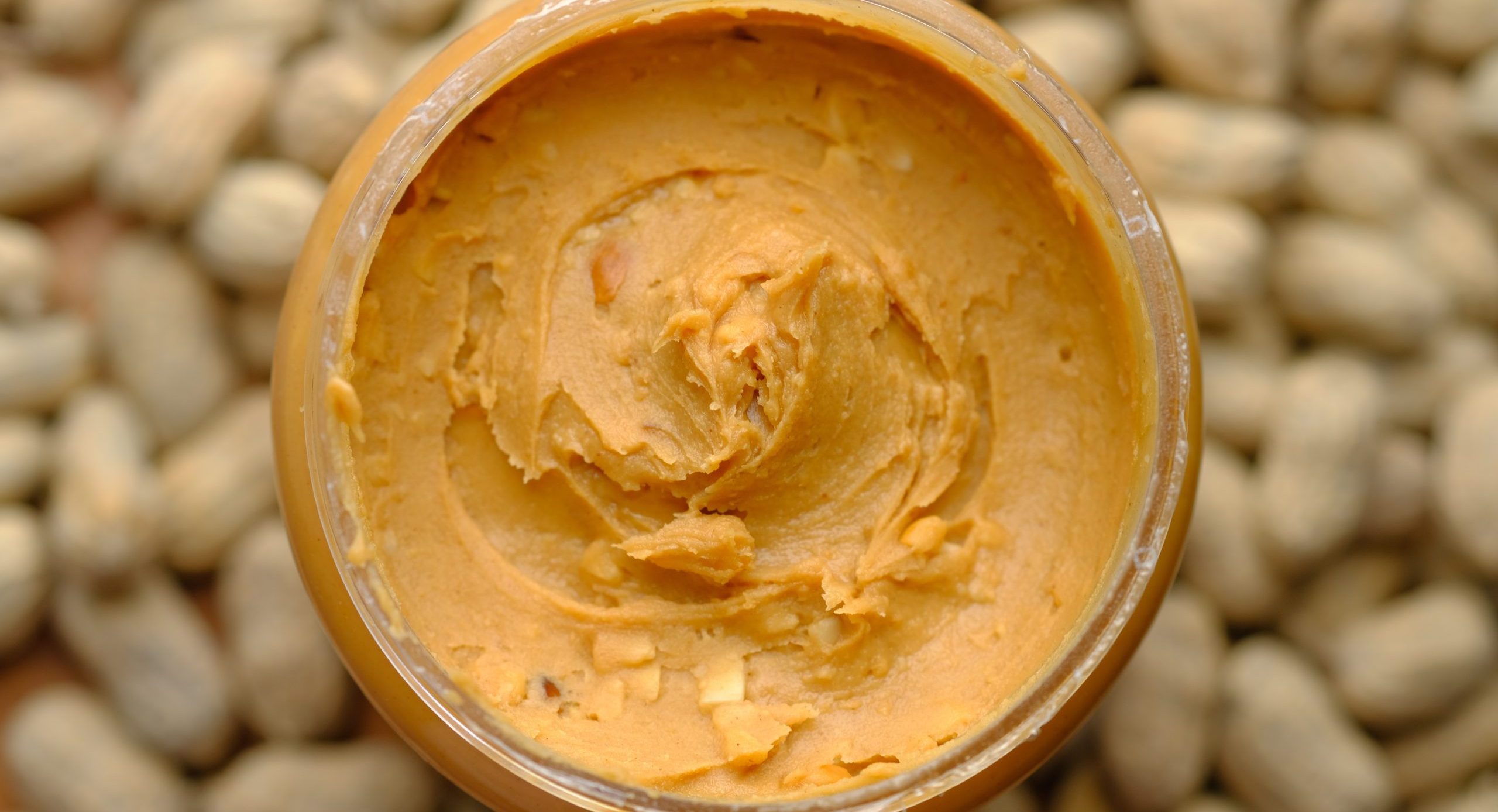
Having to get gum out of a shaggy rug or carpet is a nightmare, and with so many different home remedies in magazines and online, it can be difficult to know what to do. But no matter what you’ve heard, you should never use peanut butter to loosen the gum instead of coconut or olive oil, as it just creates a whole other additional mess.